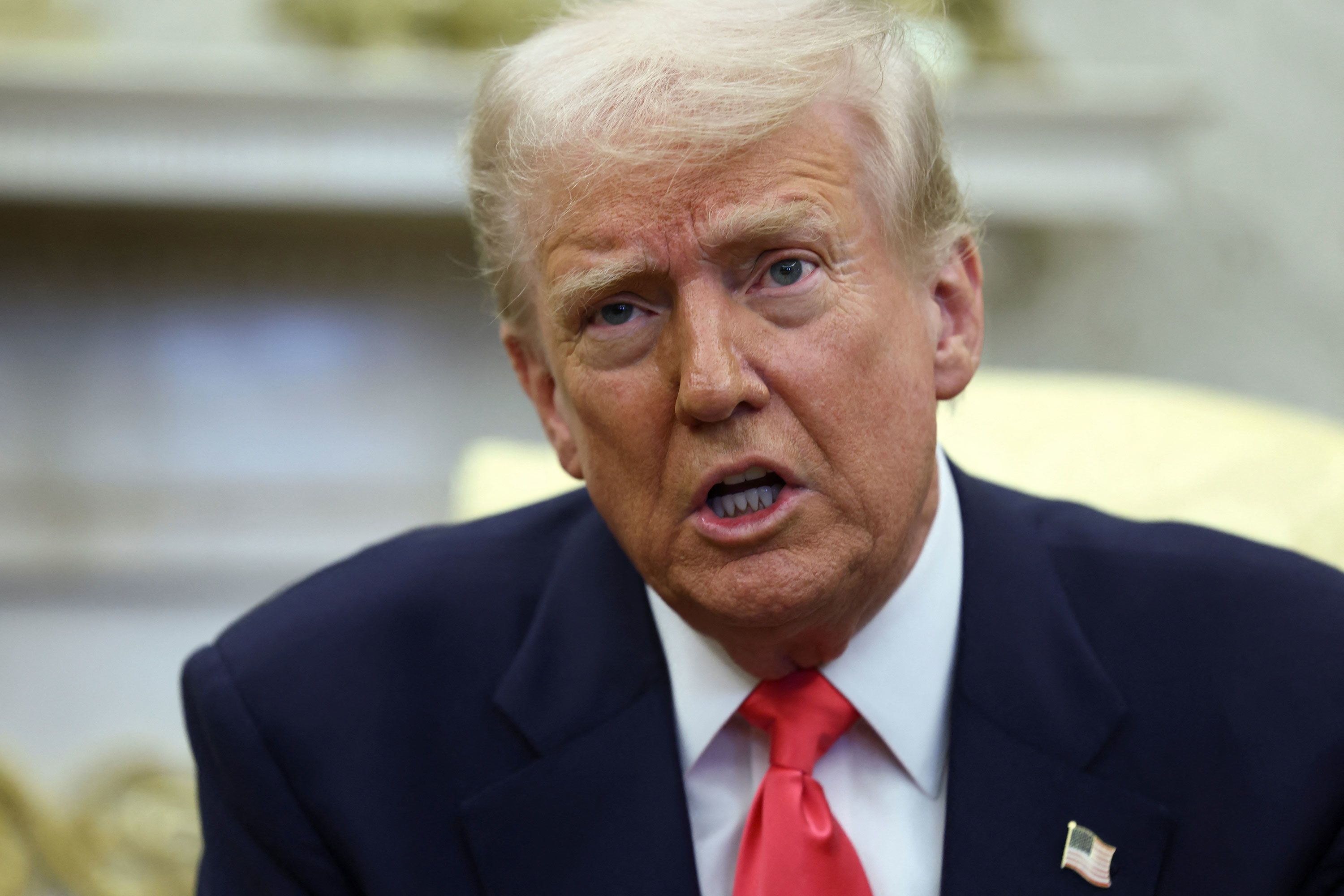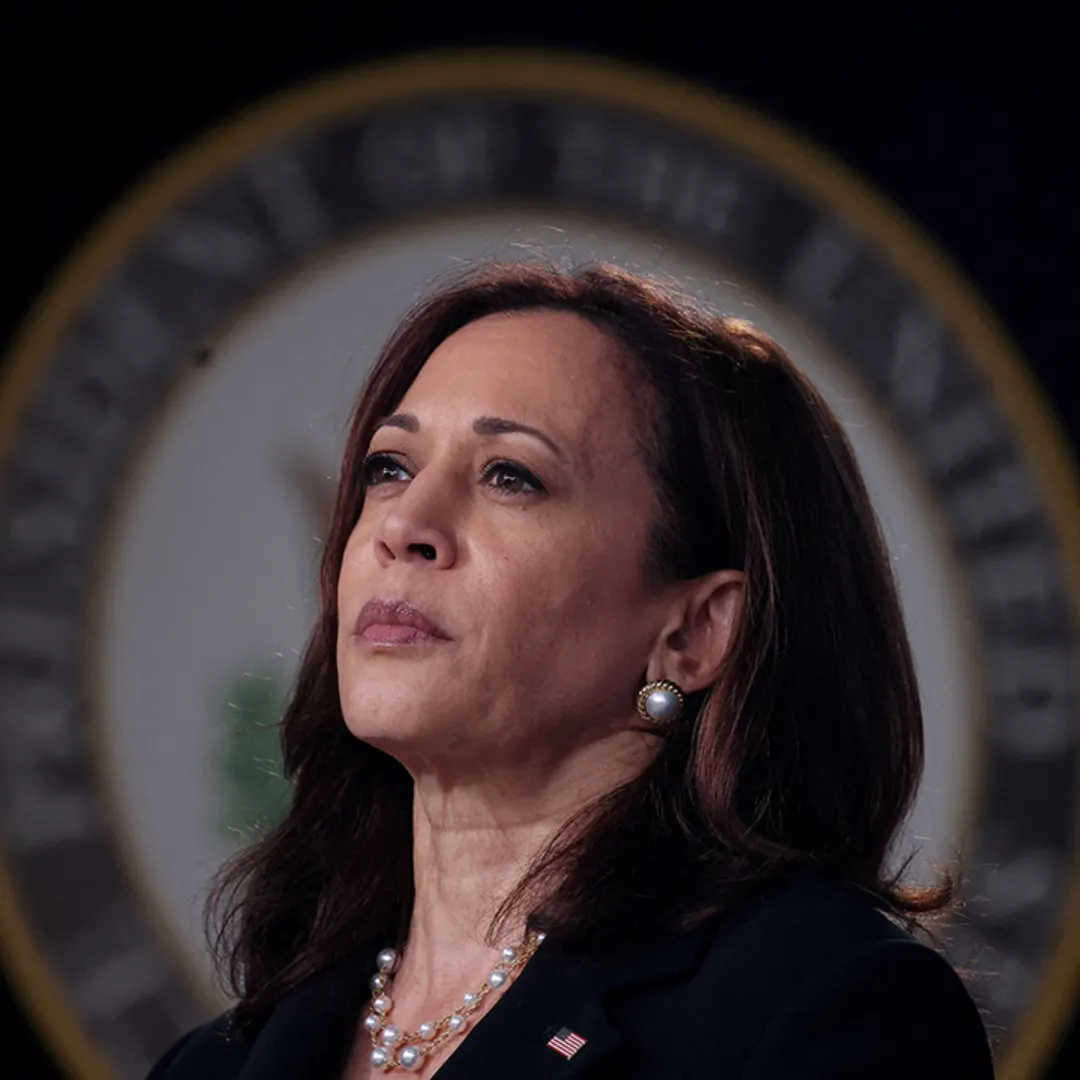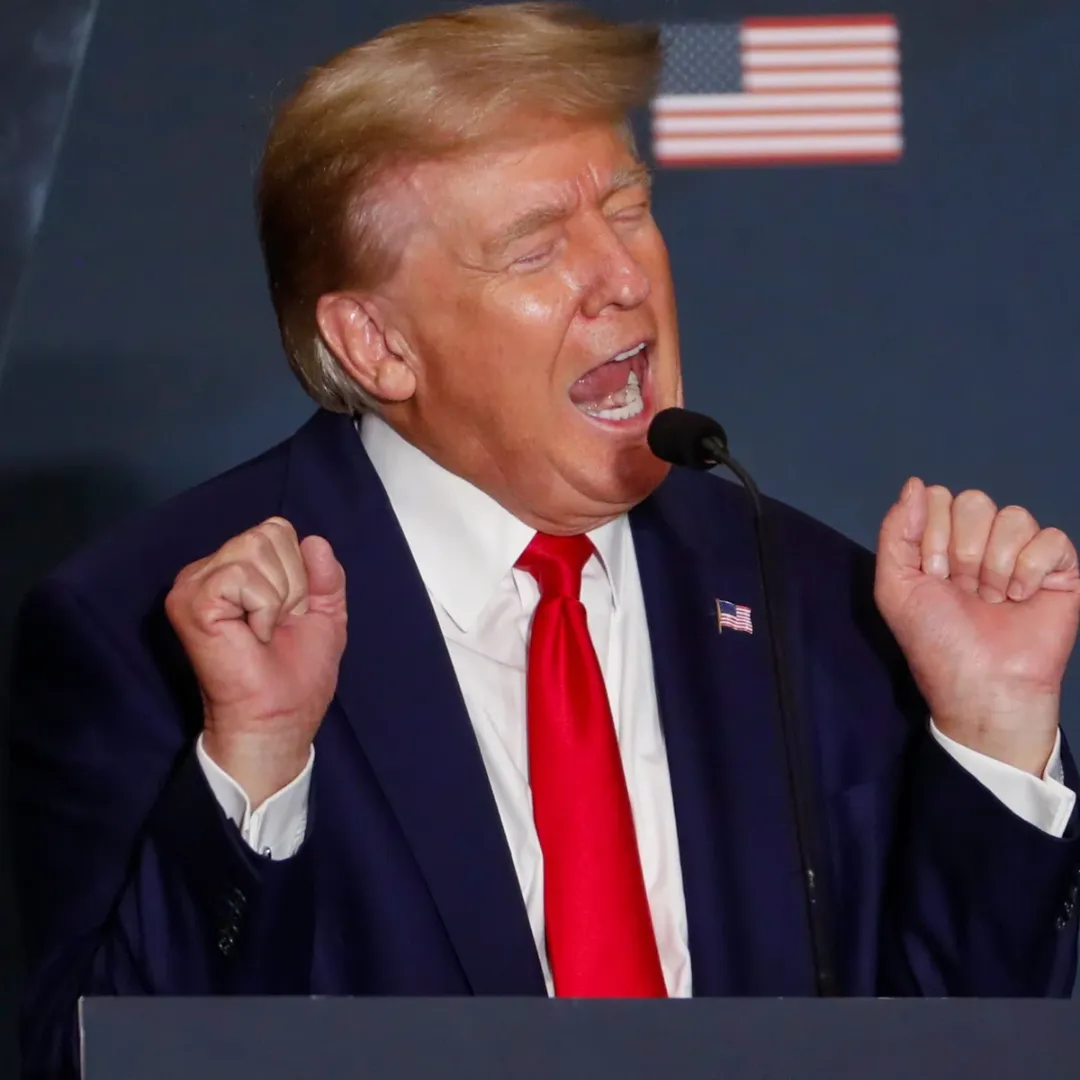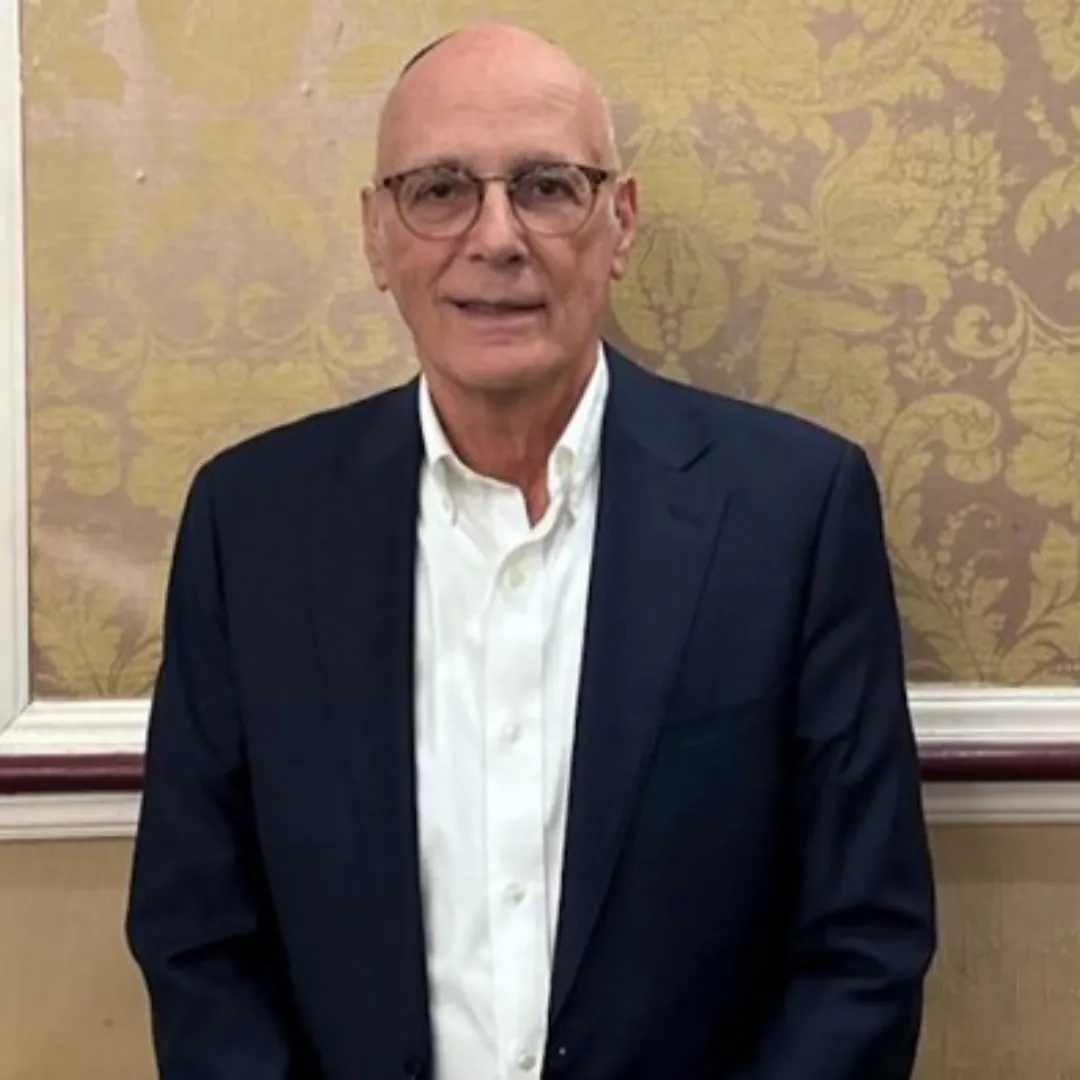Senate Minority Leader Chuck Schumer voiced serious concerns Sunday about President Donald Trump's approach to ending the war in Ukraine, warning that Trump could ultimately "cave" to Russian President Vladimir Putin.
Appearing on CNN’s "State of the Union," Schumer outlined his fears as tensions continue to rise around the conflict that has dragged on for more than three years.
"My great fear, Dana, is that Trump will just cave into Putin. That’s been the overall indication all along," Schumer said. "And of course, the bottom line is very simple, that if we cave to Putin, if Trump caves into Putin … it’s bad in three very bad ways."
Schumer described a grim outlook if Trump were to make concessions to Putin in a final settlement over Ukraine. He stressed that abandoning Ukraine after years of sacrifice would not only betray a democratic ally but would also seriously damage American credibility with Western allies and embolden dictators around the world.
His remarks come at a pivotal time, as Trump met face-to-face with Ukrainian President Volodymyr Zelensky in Rome over the weekend, with the hopes of pushing toward a ceasefire.
The New York Democrat emphasized that the stakes of Trump's decisions could not be higher. Schumer warned that any appearance of weakness or appeasement toward Putin would have far-reaching consequences far beyond Eastern Europe.
"It’s bad for the U.S. to abandon Ukraine after they have fought and sacrificed so much," Schumer said. "It would undercut the alliances we have built across the Western world, and worst of all, it sends a dangerous message to dictators in places like China, North Korea, and Iran."
Schumer’s alarm comes amid conflicting signals from the Trump administration. Following the Saturday meeting between Trump and Zelensky, the White House described the conversation as "productive," though it withheld specific details.

Zelensky himself appeared cautiously optimistic, telling reporters that he and Trump discussed "a lot one on one" and expressing hope for a full and unconditional ceasefire with Russia.
However, the broader context remains fraught. Just days before the meeting, White House officials acknowledged that Trump’s patience with Zelensky was wearing "very thin."
There were also signs of growing frustration on Trump’s part toward Putin, especially after a new wave of deadly Russian strikes across Ukraine that caused heavy civilian casualties. Trump reportedly confided to aides that he was beginning to suspect Putin might be "stringing him along."
Despite these tensions, Schumer remains skeptical about Trump's overall posture toward Putin.
"So, I am very worried about where he is headed," Schumer said. "I think that he is in a position where he feels he can sell out Zelensky. He’s sort of saying yes one day and no the next day. But overall, the trend is very, very bad."
Schumer’s criticism reflects a growing anxiety among Democrats and some Republicans about the direction of U.S. foreign policy under Trump’s second term. Many lawmakers have expressed concern that Trump’s longstanding admiration for strongman leaders like Putin could influence his decision-making in ways that weaken America’s global standing and reward authoritarian aggression.
Throughout his presidency, Trump has projected a sometimes contradictory image regarding the Russia-Ukraine conflict. He has repeatedly insisted that he can "make a deal" to end the war swiftly, portraying himself as uniquely capable of achieving peace.
Yet critics argue that Trump's approach often seems to prioritize relationships with foreign leaders over longstanding American principles, such as the defense of democracy and support for sovereign nations under threat.

During his recent meeting with Zelensky, Trump reportedly floated the idea of a ceasefire agreement that would freeze the current frontlines, leaving large swaths of Ukrainian territory under Russian control.
Such a proposal would almost certainly face strong opposition not only from Ukraine but also from European allies who have committed billions in aid to support Ukraine’s war effort.
Zelensky, for his part, remains steadfast in his insistence that any peace agreement must include the full restoration of Ukraine’s territorial integrity, including Crimea and the regions occupied by Russian forces.
In his remarks after meeting with Trump, Zelensky did not directly address whether Trump supported these demands, but his tone suggested an awareness that achieving his goals would be an uphill battle.
Schumer warned that the mere appearance of a U.S. retreat in Ukraine would embolden adversaries around the globe.
"It sends a signal to every dictator in China, in North Korea, in Iran, that if you stand up and bully Trump, you’re going to get your way," Schumer said.
The fear among many in Washington is that a precedent of rewarding aggression could have destabilizing ripple effects, encouraging rogue states to test the resolve of the United States and its allies in other regions.
For instance, tensions over Taiwan could escalate if China perceives a weakened American commitment to defending smaller nations under threat.
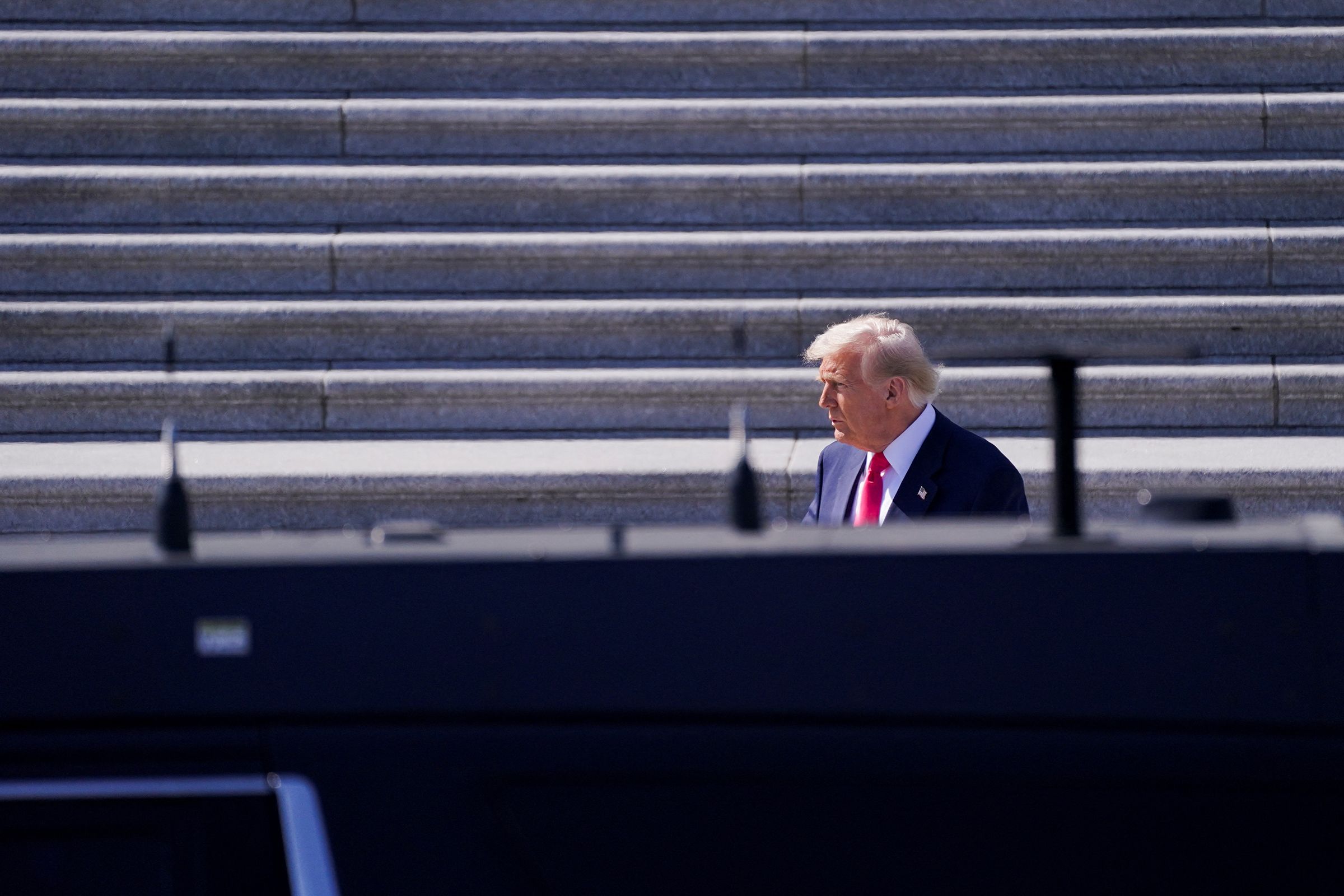
Schumer’s remarks also tapped into broader concerns about Trump’s handling of alliances and multilateral institutions. During his first term, Trump often criticized NATO and other international alliances, questioning their value and demanding greater financial contributions from member states.
Critics argue that undermining such alliances only serves to embolden adversaries like Russia, who seek to divide and weaken the West.
The prospect of a U.S. withdrawal from support for Ukraine has alarmed European capitals, where leaders view the conflict as a defining moment for the future of the international order.
In countries like Germany, France, and the United Kingdom, officials are reportedly preparing contingency plans in case American backing diminishes. They fear that without strong U.S. leadership, maintaining a united front against Russian aggression will become significantly more difficult.
Domestically, the debate over Ukraine policy continues to polarize American politics. While a strong majority of Democrats support continued assistance to Ukraine, views among Republicans are more mixed.
Some factions within the GOP, especially among Trump loyalists, have argued that U.S. resources should be prioritized for domestic needs rather than overseas conflicts. Others, however, including traditional hawks, maintain that defending Ukraine is vital to preserving global stability and deterring further acts of aggression.
In this volatile environment, Schumer’s comments highlight the high stakes facing American foreign policy decisions. The outcome of Trump’s negotiations with Putin and Zelensky will not only shape the future of Ukraine but could also define the United States' role in world affairs for years to come.
Meanwhile, reports suggest that Trump plans to hold another round of talks with European allies in the coming weeks to discuss the path forward. Administration officials have indicated that Trump is seeking to secure a peace agreement by the summer, though many experts question whether such an ambitious timeline is realistic given the complex realities on the ground.

Zelensky, for his part, continues to rally international support, urging leaders not to abandon Ukraine in its time of need. His government's diplomatic efforts have kept Ukraine's plight in the global spotlight, but the uncertainty surrounding U.S. policy under Trump has introduced a new layer of anxiety.
For now, much remains unknown. Will Trump continue to push for a settlement that satisfies U.S. allies and supports Ukraine’s sovereignty, or will he seek a quick deal that risks legitimizing Russian gains? Schumer’s warnings serve as a reminder that, even amid hopeful talk of ceasefires, the path to peace remains fraught with peril.
In the coming weeks, as negotiations continue and military dynamics on the ground evolve, the world will be watching closely. The decisions made now will resonate far beyond the battlefields of Ukraine, shaping the geopolitical landscape for a generation.
For leaders like Chuck Schumer, the fear is that a misstep could leave lasting damage — not just for Ukraine, but for the very principles of international order and democracy that have long defined America’s role in the world.
